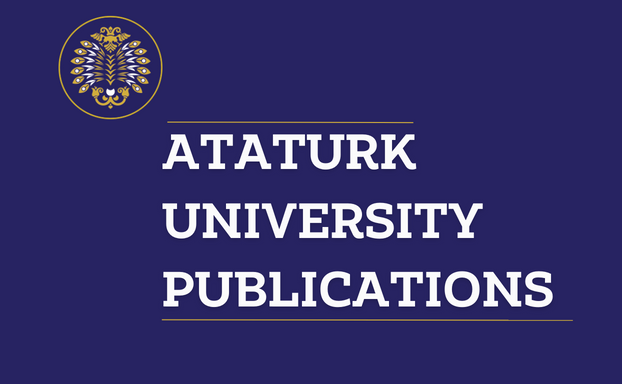This article seeks to bring a post-colonical perspective to ecotourism in the Southeast Asia region through concerning the scope of ecotourism activities in the region, its relationship with sustainability, and exploring culture, such as experiencing the lifestyles of indigenous people. While the Southeast Asian region is one of the fastest-growing tourism regions in the world, most destinations in the region have recorded strong growth, particularly since the 1990s. Ecotourism in the region has developed since the 1990s, and almost all countries in the region have implemented plans and programs to develop ecotourism by the 2000s. Ecotourism is a type of tourism that usually includes components such as learning and supporting local ecosystems. Thus, it is designed to help local communities economically in some way, theoretically compatible with sustainable development ideologies. Ecotourism, emerging as an alternative to conventional tourism, has become a strong attraction for tourists in the last few decades and has attracted tourism entrepreneurs, government institutions, and academics. In the Southeast Asian region, ecotourism has been shaped by both the concept of sustainability, such as poverty reduction and efficient use of natural resources and the tourism discourses such as searching of “change” around the indigenous peoples and their “authentic” traditions, cultures, and lifestyles. Ecotourism in the region is seen as a critical way to address many economic, social, and cultural issues indigenous people face. In this context, this article seeks to draw a general portrait of ecotourism in the Southeast Asian region and to bring a post-colonial critique to ecotourism in the region through questioning sustainability and experiencing human/culture. Employing qualitative research methods, this article reveals that one the one hand, ecotourism in the Southeast Asian region has not been a solution to sustainability and it also has led to the consume the cultures of indigenous communities as others on the other.
Cite this article as: Akay, S. (2022). Understanding of ecotourism through post-colonialism in the Southeast Asian region. Eastern Geographical Review, 27(47), 1-14.
Eastern Geographical Review
.png)




Research Article
Understanding of Ecotourism through Post-colonialism in the Southeast Asian Region
1.
Gaziantep Üniversitesi, Fen-Edebiyat Fakültesi, Coğrafya Bölümü, Gaziantep, Türkiye
Eastern Geographical Review
2022; 27: 1-14
DOI: 10.5152/EGJ.2022.1000749
Keywords :
Authentic and exotic Asia, ecotourism, post-colonialism, Southeast Asian region, sustainability
Read: 1560
Downloads: 335
Published:
28 June 2022
Files

.png)
